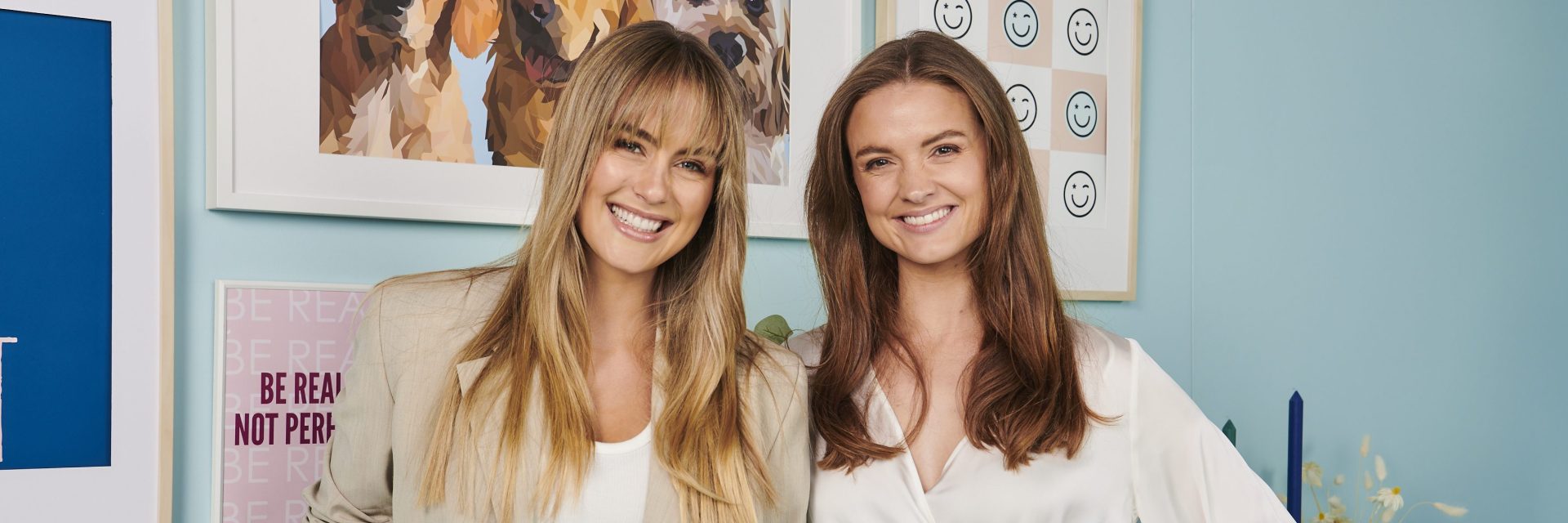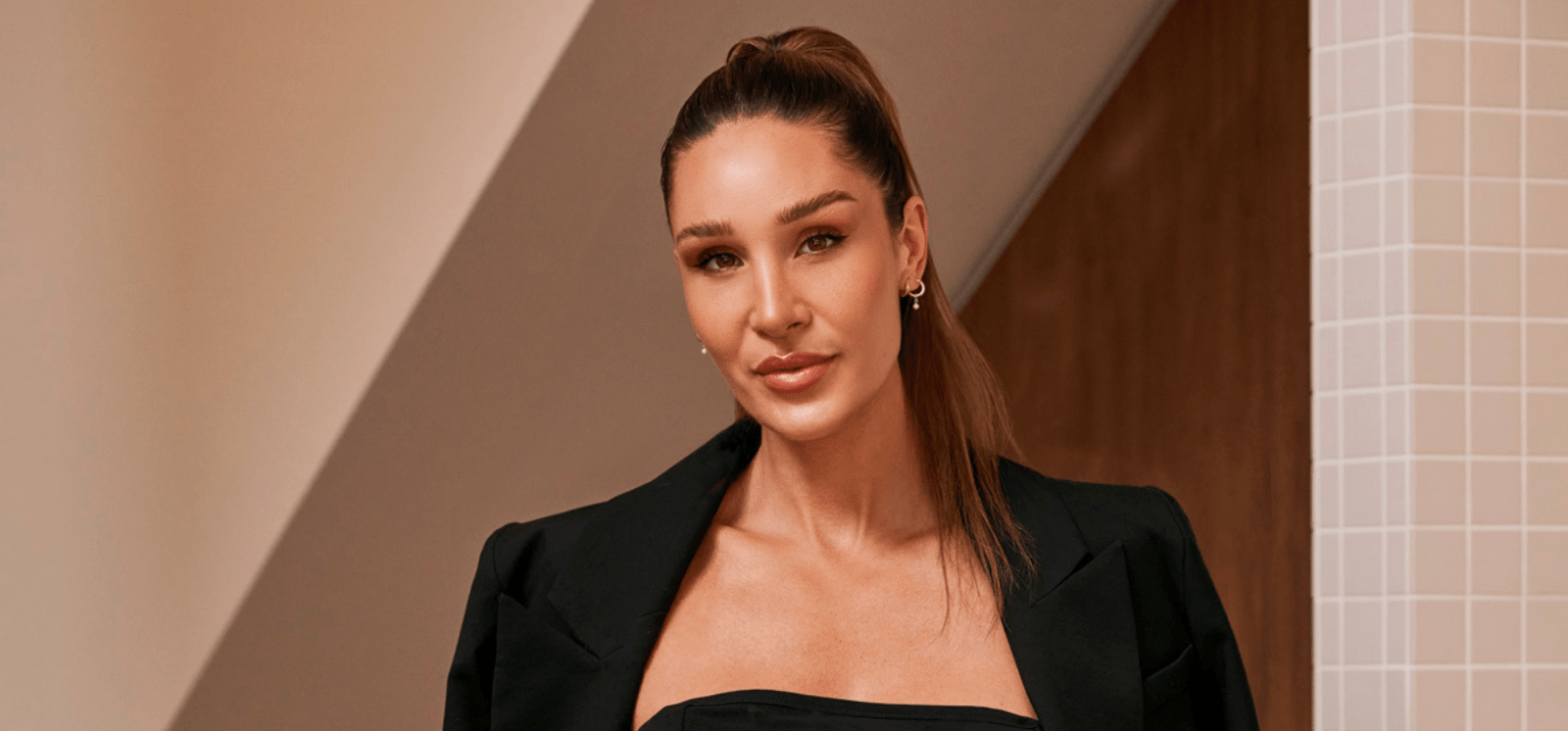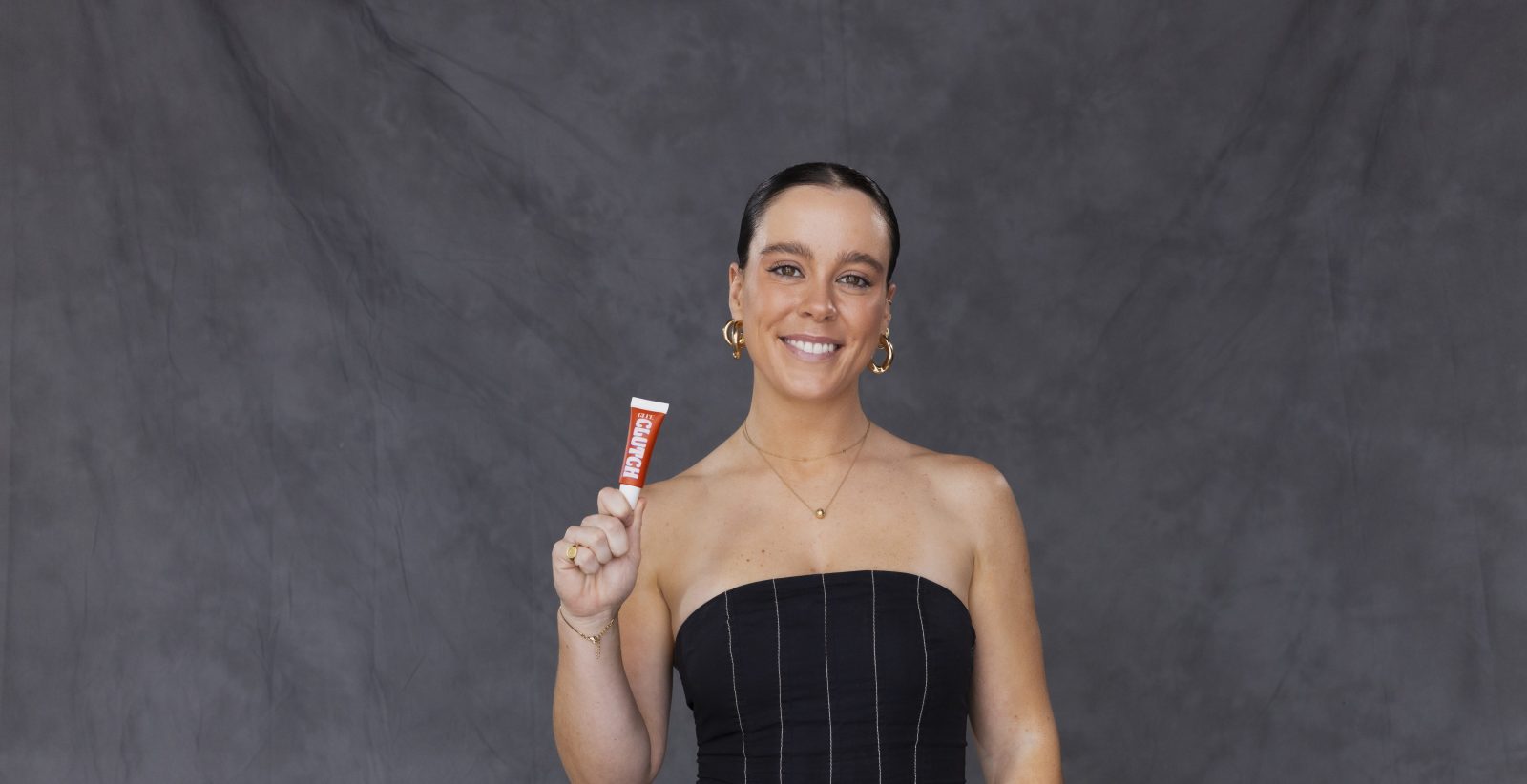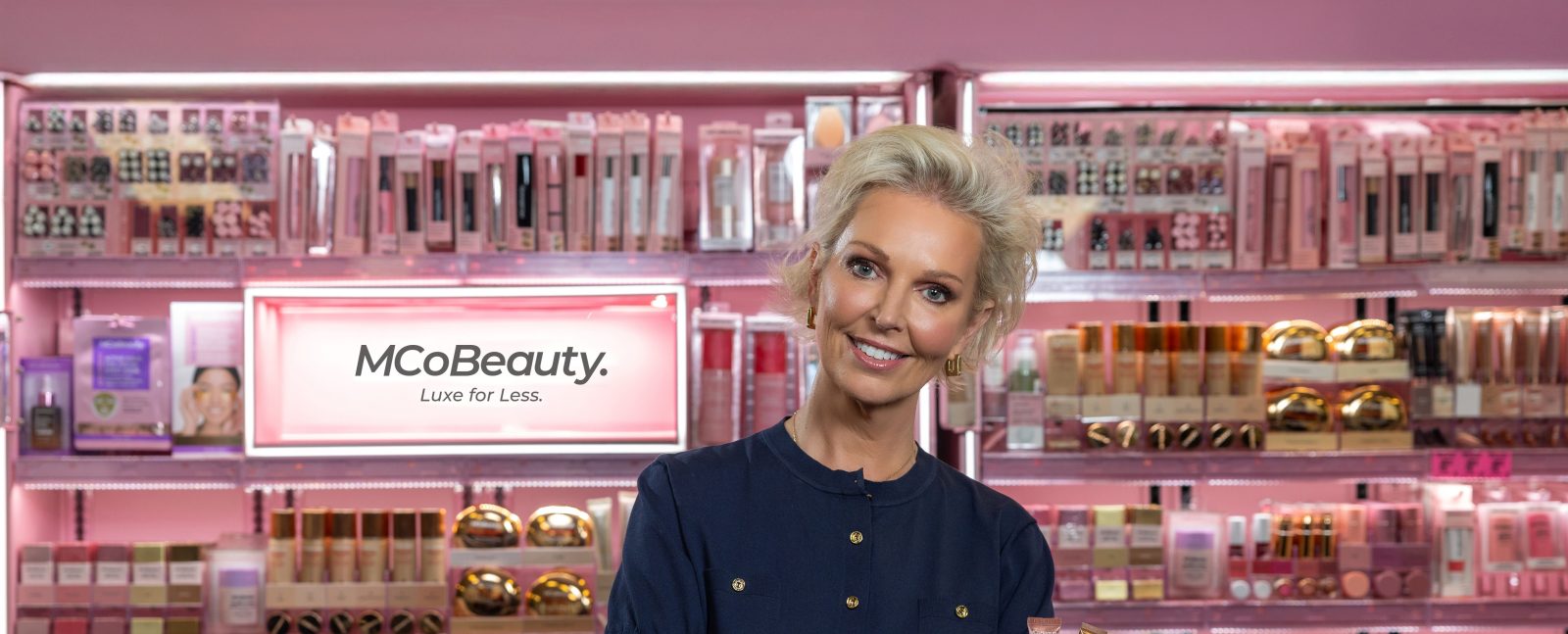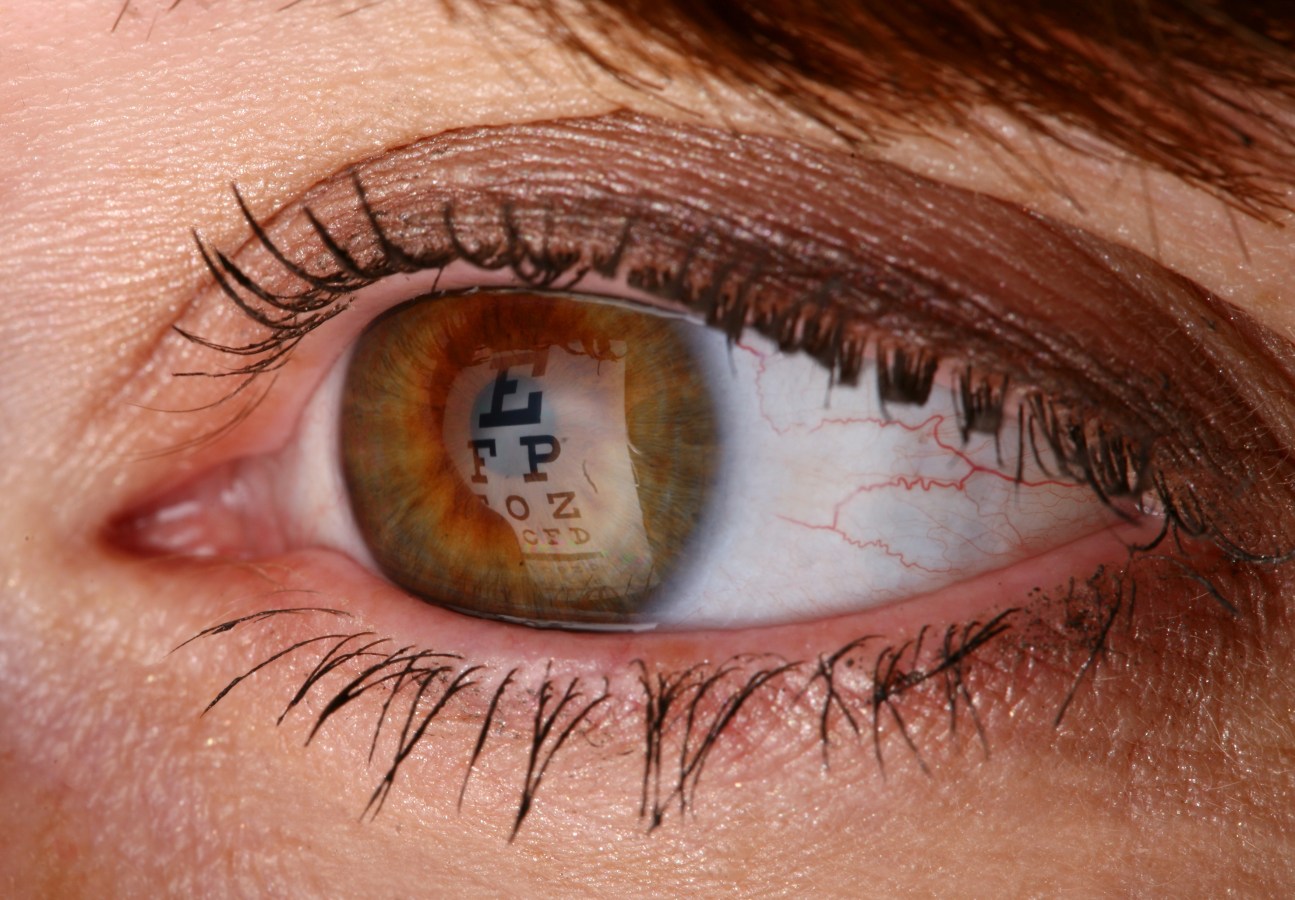Steph Claire Smith is one of a growing number of influencers who leverage their large followings to build brands with strong communities. She tells Forbes Australia how she bootstrapped her fitness app Kic, and continues to grow revenue year-on-year.
Steph Claire Smith will speak live at the Forbes Australia Women’s Summit on 26 March. Tap here to secure your ticket.
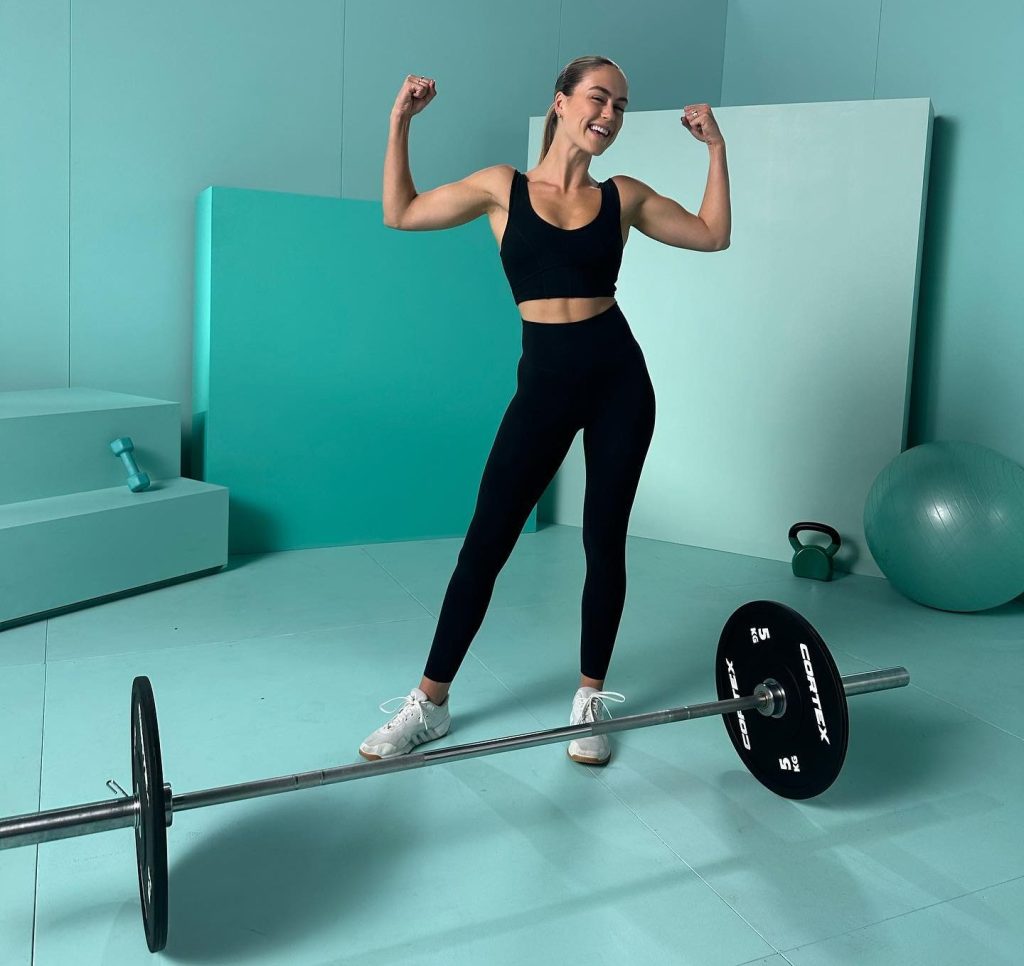
Steph Claire Smith has become a household name, though that’s easy enough when Kic, the company she cofounded, has built a community of more than 2.5 million members.
Formerly Keep it Cleaner, Smith’s fitness app which she co-founded with Laura Henshaw, has been downloaded more than 750,000 times. And while its biggest market is Australia, it’s got users in more than 121 countries, with the co-founders now embarking on a growth strategy throughout the United Kingdom.
“Last year, we took a short trip over there, and we had minimal expectations,” Smith says. “We were just excited to get over there and meet who we could and talk to as many users of the product as we could to understand if there were differences in how they were using the app compared to our Australian market.”
The founders planned two ticketed Pilates classes. Bot sold out within an hour.
“We ended up adding on two run meetups and another three HIIT workouts on top. All spots were taken, and there were 1,700 people on a waitlist. It really exceeded our expectations.”
A lot of Smith’s journey has exceeded her expectations.
She set out to become a model straight out of high school, and landed an Australian agency early on (who she’s still with today). Then she wanted to become an international success.
“I was just really keen and excited to expand myself overseas, so I moved to LA and then New York,” she says.
“It was a bit shocking for me. I’d always been someone who was very confident and driven and believed in myself, and I felt pretty comfortable in my skin. But very quickly, I was put in my place and instantly took up some pretty bad eating habits and looked at exercise in a different way. I lost a lot of my body confidence.”
Eventually, Smith returned to Australia to friends and family, and met Henshaw – her now business partner and best friend – through the modelling industry.
“About 90% of app downloads have been via organic channels, while a lot of our competitors in the market rely quite heavily on paid marketing. That’s something we haven’t had to do, and we’re fortunate we’ve had the base we did to start from.”
Steph Claire Smith, co-founder, Kic
“We bonded on a lot of that stuff – and it wasn’t just the modelling industry,” she says. “Social media was also flooded with toxic diet messaging at the time, and we’d had enough.”
By 2014, Smith had amassed a social media following of 500,000, and knew enough about her community to understand that the pair weren’t alone – a lot of women had had enough of diet culture. And so the pair decided to do something about it, and launched the Keep it Clean e-book in 2015 with a bunch of healthy recipes that reflected what the women ate themselves.
From there, it evolved into a subscription blog, where the pair released three recipes and one workout each month. And by 2018, it was time to launch an app.
“We were getting quotes for around the million-dollar mark,” Smith says. “We just didn’t have that kind of cash.” The founders, which have bootstrapped Kic entirely, entered into a revenue-share partnership with a gaming company that had an established team of developers.
Related
“That was an incredible way for us to start, because we couldn’t afford our own dev team at the time. And we wouldn’t have known how to manage them anyway, because neither of us have a tech background.”
Today, the company’s focused on making healthy living as sustainable and attainable as possible, through positive messaging, workouts, recipes and community. It has eight product developers, though Smith admits Kic runs a lean team for the size of the business.
“But that’s been really important to us and has obviously helped the bottom line,” she says.
While the company has not disclosed revenue figures, it claims revenue has grown year-on-year since its 2015 launch, and non-app revenue streams are growing and on track to increase by 200% this year.
Those non-app revenue streams refer to the founders’ other business divisions – like its podcast co-hosted by the women, KICPOD. That’s proved a major boon for the company’s UK expansion plans, too.
“With KICPOD, that allowed us to have a platform to speak to a number of people over there who have quite large communities themselves. We were able to share their stories, and ended up growing our listenership from the UK by quite a substantial amount.”
According to Kic, the podcast has so far been downloaded 14 million times, and boasts 160,000 unique monthly listeners. But of course, Smith and Henshaw’s individual followings (1.5 million and 326,000 respectively) are also a big driver.
“About 90% of app downloads have been via organic channels, while a lot of our competitors in the market rely quite heavily on paid marketing,” Smith says. “That’s something we haven’t had to do, and we’re fortunate we’ve had the base we did to start from.”
But the co-founders have been shifting themselves out of the Kic spotlight for a while. Now, the pair are in only about 25% of Kic’s content (compared to 100% at first launch). It hasn’t affected completion of workouts or engagement so far, Smith says. The community comes back for he app’s sustainable approach to healthy living.
“We absolutely could have acquired users at a much lower CPA [cost per acquisition], using some of the false promises and toxic language that some of our competitors have lent into, speaking to physical transformations. But we haven’t done that, we’re playing our own game. We want people to move and eat in a way that feels good for them and fits into their lifestyle.”
That’s evidenced by the company’s recent ‘Feel Good’ campaign, which launched around New Years to encourage users to move away from the ‘new year, new me’ mentality. The campaign wanted
“Only 7% of people achieve their New Year resolutions,” Henshaw says. “We know the ‘new year, new you’ mindset doesn’t help us make positive long-term changes. Instead, through our Feel Good campaign, we focused on supporting our community to make small, sustainable changes – that they can actually stick with.”
And as a result, the company hit a milestone: in February, revenue was up 100% on the same period the previous year, with UK revenue up 140% and subscription growth up 19%.
“Focusing on the mental health benefits rather than a physical transformation definitely proved difficult when we entered the market in 2018, but looking back, we are so pleased that we’ve stayed true to who we are and our core beliefs – even though this has likely cost us as our competitors leant into aspirational trends and quick fixes,” Henshaw says.
“If we had given in to societal and industry demands it would’ve hurt our brand in the long run and we definitely wouldn’t be where we are today, having made such a positive impact on so many people’s lives across the globe.”
Steph Claire Smith will speak live at the Forbes Australia Women’s Summit on 26 March. Tap here to secure your ticket.
Look back on the week that was with hand-picked articles from Australia and around the world. Sign up to the Forbes Australia newsletter here or become a member here.
